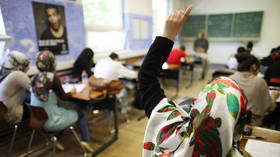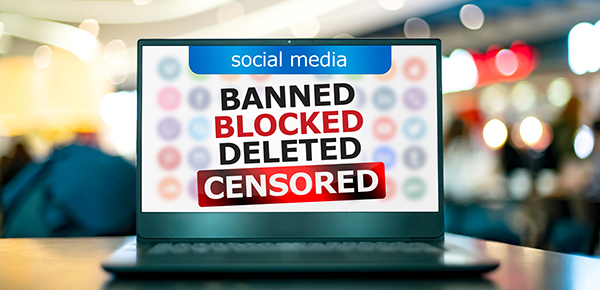London Police Deploy Advanced Facial-Recognition Cameras Across City
Already, the UK has been far more aggressive than the US in adopting facial recognition technology. Britons know that they can be fined if they try to avoid cameras in some situations. While most of the population has accepted this with little resistance, a few have risen up in protest.
In many cities and towns, CCTV cameras line the streets But the tech that London plans to deploy goes well beyond simply recording everything and anything: The new system will be able to match photos scraped into a database of UK citizens and non-citizen residents with people walking on the street - allowing police to instantly identify people who, say, have committed a petty crime or attended a controversial protest.
The system, created by an obscure company called NEC, aims to identify people on a government watchlist in real time, so that their movements can be easily tracked.
It’s the latest crime fighting 'innovation' that London police have dreamed up as the mayor pressures them to beat back a rise in violent (often knife-related) crime. To be sure, some have proposed alternative crime-fighting solutions.
"Every day, our police officers are briefed about suspects they should look out for," Nick Ephgrave, assistant commissioner of the police department, said in the statement. Live facial recognition, he said, "improves the effectiveness of this tact."
"As a modern police force, I believe that we have a duty to use new technologies to keep people safe in London," he added.
In the US, where levels of violent crime are also beginning to creep higher, several liberal cities including SF and Oakland have moved to ban facial recognition tech.
"This decision represents an enormous expansion of the surveillance state and a serious threat to civil liberties in the UK," said Silkie Carlo, director of Big Brother Watch, a London-based group that has been fighting the use of facial recognition. "This is a breathtaking assault on our rights and we will challenge it."
Some experts have warned that the technology is being deployed before it’s ready. Trials have shown that the software often misidentifies people. An independent review last year found many problems with a police trial of facial recognition in the UK. Of 42 identifications made by tech, only 8 were accurate.
Still, a British judge ruled last year that police departments were within their rights to deploy the technology. How long until judges in the US follow suit?



